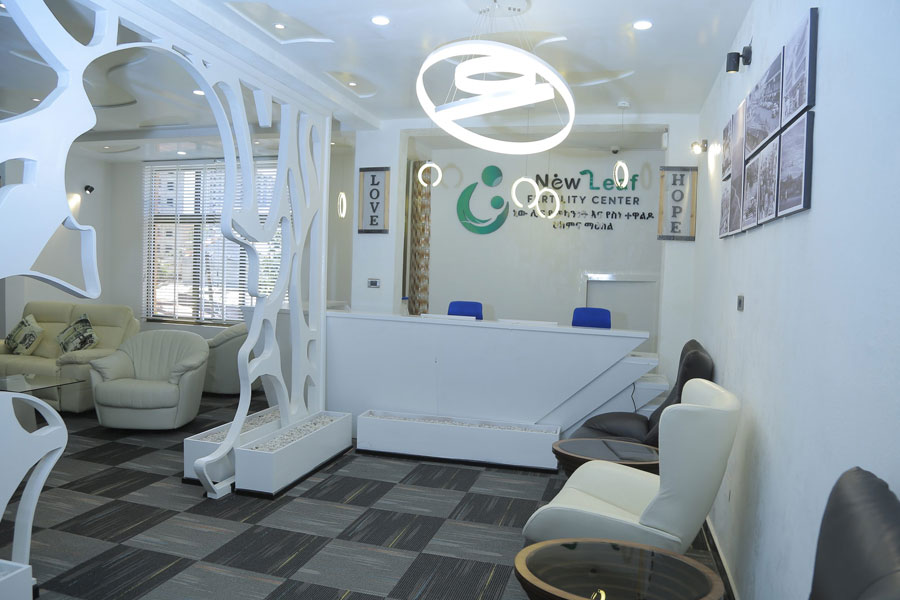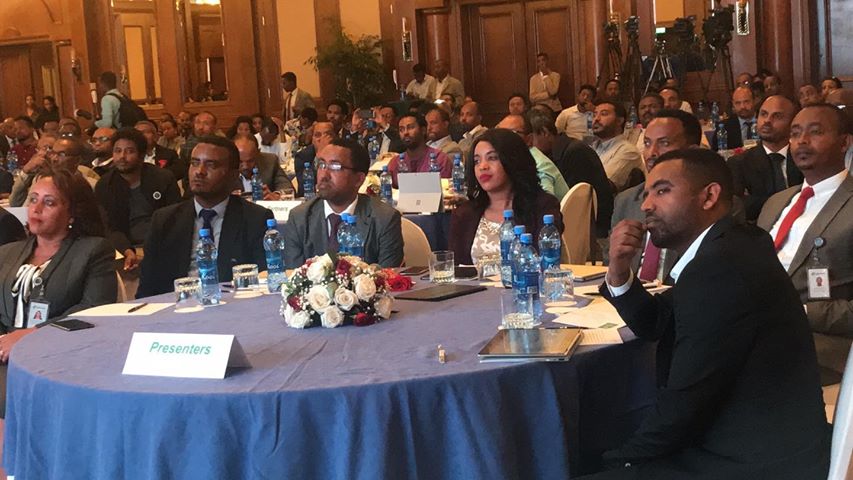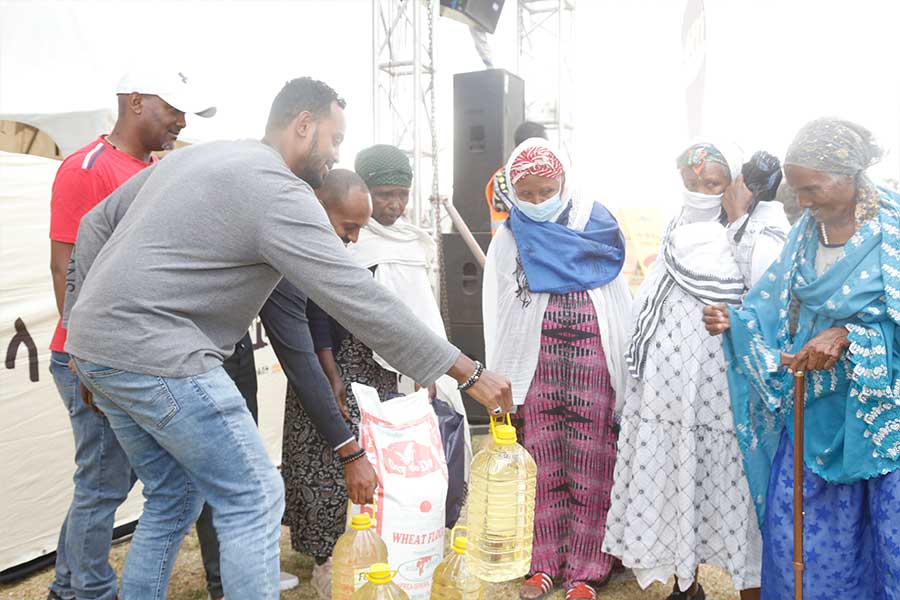
Advertorials | Mar 18,2023
The Hyatt Regency, which stopped service for almost two months, has reopened its doors to patrons under a new style of operation. The hotel is now offering guests a paper-free experience that is in compliance with health and safety protocols.
The Hyatt Regency closed its doors in early April following the onset of the Novel Coronavirus (COVID-19) in the country and now has a new Standard Operating Procedure (SOP) aimed at functioning digitally. The hotel, which gave paid leave to its employees during the closure, has started implementing a Quick Response (QR) code that avails menus, hotel information and guest bills.
The QR codes are now functional at the restaurant where patrons use it to select from different menu options. The code is also used to open and close hotel room doors for guests. Guests are notified of all in-room messages and bills through the television in their room.
The hotel, which has almost 500 employees, launched these services alongside the use of mandatory protective masks, stationing hand sanitiser and other equipment for the hotel's staff.
Hyatt Regency, which started operations in December 2018, has also undergone a new health and safety certification process aimed at protecting its staff and customers from COVID-19 known as the Pandemics Due Diligence Assessment certification by DQS Holding GmbH, an accredited auditing firm.
The hotel, which is Hazard Analysis and Critical Control Point (HACCP) certified, added an in-house certification and training focused on hygiene and cleanliness, according to Heddo Siebs, general manager of the hotel. This includes increasing its cleaning frequency along with using hospital-grade disinfectants on all high-touch surfaces, guestrooms and shared spaces.
A COVID-19 hotel and traveller's protocol is being drafted by the Ministry of Culture & Tourism under its national tourism recovery strategy set for a second consultation on Friday, June 26, 2020. The hotel protocol is one part of the sector's preparations to receive tourists.
The strategy considers the need to become operational while taking the necessary precautions, according to Tewodros Derbew, director of international tourism facilitation at the Ministry.
"Hotels aren't the only sub-sector that should be engaged in this," said Tewodros. "Every link and value chain in the process from when a tourist first steps in the country until that tourist leaves should be fully integrated."
The aim is to protect the health of tourists and service providers alike while paving a path for the tourism sector to recover. However, the standards and guidelines have their own cost implications.
For this, the government is working on providing multidimensional support, according to Tewodros.
"There are plans underway in making certain machines or devices that hotels will have to use duty-free," said Tewodros.
The Addis Abeba Hotel Owners Trade Sectoral Association, with 152 hotels under its wing, is one of many members working with the Ministry on the draft protocol for the hotels. The Association, which has 18,000 employees working at its hotels, is in the process of preparing for eventually re-opening.
However, this is not feasible at the moment, according to Biniyam Bisrat, chairman of the Association, which has just 22 of its 152 members currently operating and serving as quarantine centres.
"Hotels can't hold meetings, tourists are not coming to the country and bars are also not allowed so to what end would hotels open up at the moment?" Biniyam commented. "However, the Hyatt has set the bar high and we consider it a best practice example."
While the costs related to re-structuring modes of operation and training staff will be an additional burden for a sector that is currently retaining its employees out of pocket, Biniyam agrees that it is still a necessary step.
"It is mandatory to maintain the safety of employees and customers," he said. "If we aren't able to do this, it'll be impossible to stay operational as an industry and a country."
One factor to keep in mind is how hotels can promise international tourists that they have clean and sanitised facilities as per international standards, according to Yonas Moges, a managing partner at Calibra Hospitality Consultancy & Business Group.
"Providing a cleaning manual and a well-prepared staff ahead of time is another important element," he said. "The industry also needs to work on its offers for the local community which will be its first clients upon re-opening."
Yonas also recommends sourcing sanitising materials in advance and reconsidering hotel amenities as another focal point for the sector.
PUBLISHED ON
Jun 20,2020 [ VOL
21 , NO
1051]

Advertorials | Mar 18,2023

Radar | Jun 15,2019

Radar | May 18,2024

Fortune News | Apr 17,2021

Radar | Mar 13,2021

Fortune News | Feb 27,2020

Fortune News | Apr 16,2022

Radar | Apr 16,2022

Radar |

Radar | Feb 06,2021

Dec 22 , 2024 . By TIZITA SHEWAFERAW
Charged with transforming colossal state-owned enterprises into modern and competitiv...

Aug 18 , 2024 . By AKSAH ITALO
Although predictable Yonas Zerihun's job in the ride-hailing service is not immune to...

Jul 28 , 2024 . By TIZITA SHEWAFERAW
Unhabitual, perhaps too many, Samuel Gebreyohannes, 38, used to occasionally enjoy a couple of beers at breakfast. However, he recently swit...

Jul 13 , 2024 . By AKSAH ITALO
Investors who rely on tractors, trucks, and field vehicles for commuting, transporting commodities, and f...

Sep 13 , 2025
At its launch in Nairobi two years ago, the Africa Climate Summit was billed as the f...

Sep 6 , 2025
The dawn of a new year is more than a simple turning of the calendar. It is a moment...

Aug 30 , 2025
For Germans, Otto von Bismarck is first remembered as the architect of a unified nati...

Aug 23 , 2025
Banks have a new obsession. After decades chasing deposits and, more recently, digita...